Discovery Research Expert Driving Team
The discovery research expert driving team includes lab-based researchers from around Australia who are working across the research spectrum to better understand motor neurone disease.
The strategic goals of the team are to:
- Facilitate MND researchers to connect, collaborate and share resources to accelerate outcomes in discovery MND research.
- Provide a framework to maximise the potential for growth and development of the MND discovery research workforce.
- Maximise the potential and pathways for translation of discovery research
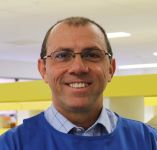
Professor Anthony Akkari
Professor Anthony Akkari
Professor Anthony Akkari is a pharmaco-geneticist and neuromuscular disease geneticist with over 30 years research experience, including 18 years of industry expertise in molecular genetics, pharmaco-genetics and personalised medicine. He was recruited internationally to build and lead the Motor Neuron Disease Genetics and Therapeutics team at the Perron Institute for Neurological and Translational Science and Murdoch University. Professor Akkari has served on the board of the Motor Neurone Disease Association of Western Australia for over 3 years and was recently invited to be the WA State Representative to the MND Research Collective.
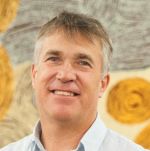
Professor Ian Blair
Professor Ian Blair
Professor Blair is an NHMRC Leadership Fellow at the Macquarie University MND Research Centre, Australia’s largest clinical and research program in MND. He conceives, instigates and leads studies to unravel the molecular genetic and cellular basis of MND and frontotemporal dementia (FTD). His genetics and genomics program has been a key player in many MND gene discoveries that have translated to multiple patents and diagnostic tests. This has informed clinical practice and genetic counselling in MND clinics for symptomatic and presymptomatic testing as well as the reproductive choices for family members. These MND genes have enabled development of cell and animal models that are the basis of basic science-research as well as pre-clinical trials and therapeutic development.
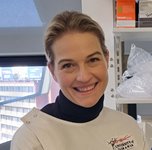
Associate Professor Cathy Blizzard
Associate Professor Cathy Blizzard
Associate Professor Cathy Blizzard is a discovery MND researcher at the Tasmanian School of Medicine of the University of Tasmania. Her research interests are focussed upon understanding the sequalae of neurodegenerative events that occur in neurons of the corticomotor system in MND and developing novel therapeutic strategies to prevent this neurodegeneration.
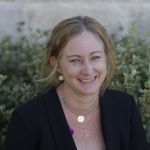
Dr Alison Hogan
Dr Alison Hogan
Dr Alison Hogan is a discovery MND researcher at the Macquarie University MND Research Centre. Her research is focused on examining changes in the behaviour of key proteins in motor neurons of MND patients with the aim of understanding what causes these changes and how they contribute to neuronal death. The ultimate goal of her research is to identify strategies to correct protein dysregulation or reduce its harmful effects, paving the way for potential therapeutic advances.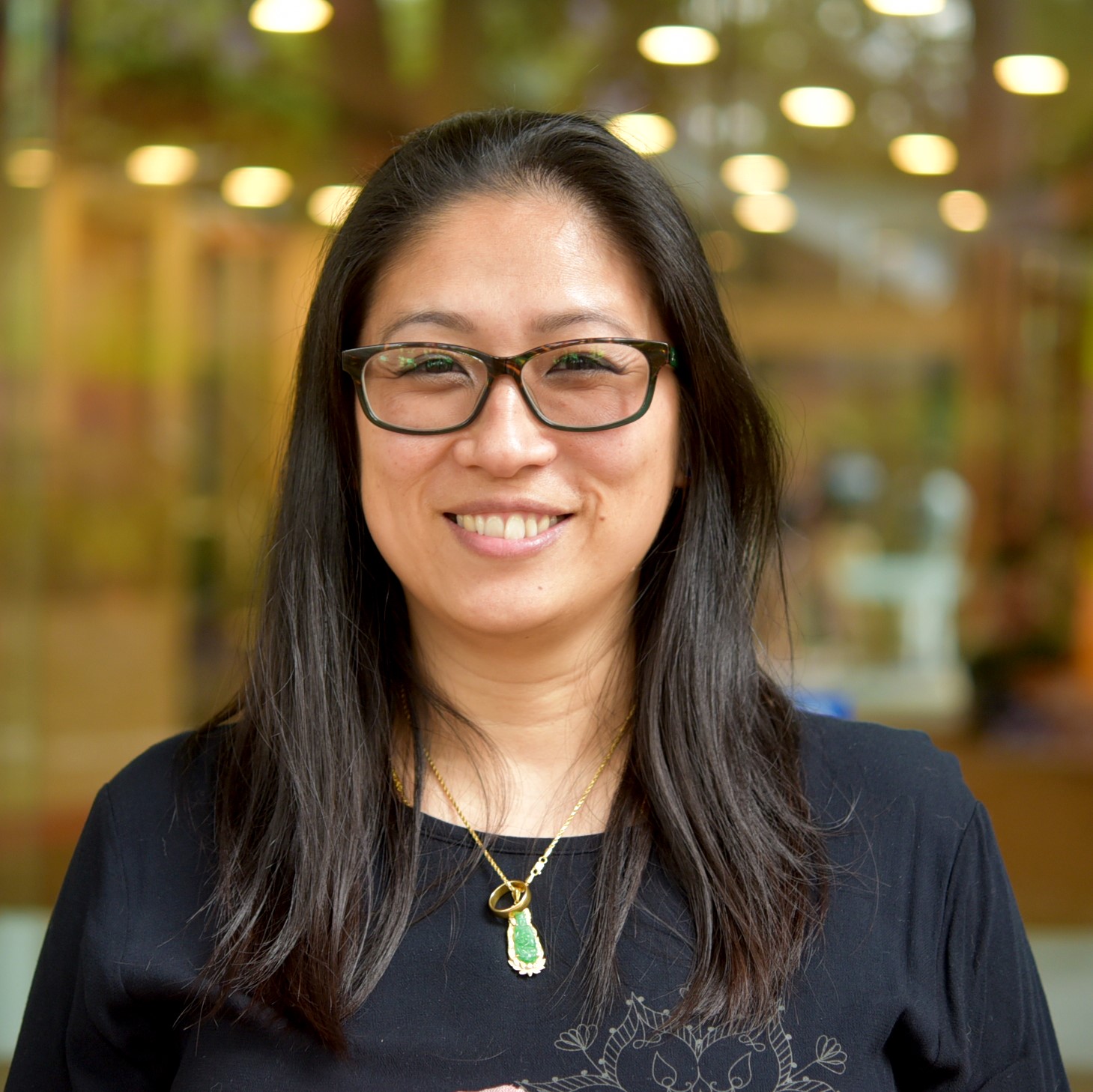
Associate Professor Shyuan Ngo
Associate Professor Shyuan Ngo
Associate Professor Shyuan Ngo heads a research group investigating neurometabolism in MND at the University of Queensland, the Royal Brisbane & Women’s Hospital (RBWH) and the Wesley Hospital. Associate Professor Ngo oversees a research program that centres on the MND clinics at the RBWH and Wesley. Her patient-directed research is complemented by extensive discovery research using a range of transgenic models, human myosatellite cells, and human induced pluripotent stem cell derived neurons. Associate Professor Ngo’s broader research program aims to identify pathogenic mechanisms in MND with the goal to develop or re-purpose therapeutic compounds for personalised medicine for MND.

Associate Professor Mary-Louise Rogers
Associate Professor Mary-Louise Rogers
Associate Professor Mary-Louise Rogers has led the Motor Neurone Disease and Neurotrophic Research Laboratory at Flinders University since 2011. Driven by the need to find a cure for MND, Associate Professor Mary-Louise Rogers' research is focused on improving ways to determine if potential MND treatments are working in clinical trials and working out how MND starts. Success in funding from USA and Australian granting bodies has enabled the research program to continue and is well recognised as an MND researcher that is making a difference to facilitating the development of an effective MND treatment. Assoc. Prof Mary-Louise Rogers served as chair of the Discovery Research Driving team from 2021 to Mid July 2023, leads the South Australian MND Collective node, and is a director on the MND SA Board.
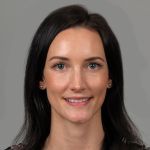
Associate Professor Emma Scotter
Associate Professor Emma Scotter
Associate Professor Scotter leads New Zealand’s programme of MND Research. She is head of the Motor Neuron Disease Laboratory at the University of Auckland, which studies MND in human cells and tissues, with particular focuses on genetics, transcriptomics, protein aggregation, and neuropathology. She established the NZ MND Research Network, is a research advisor to MND NZ and the NZ MND Patient Registry, and co-leads the NZ MND Genetics Study delivering clinically validated results to patients. She is the NZ representative for the Discovery Research Expert Driving Team.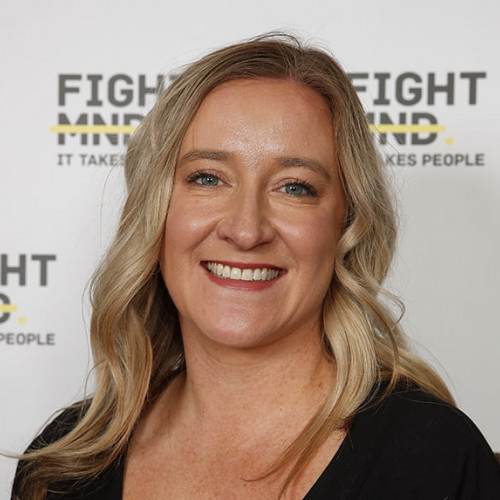
Dr Bec Sheean
Dr Bec Sheean
Bec is the Director of Cure Research and Programs at FightMND and has been working in the MND sector for 17 years. She has a PhD in Neuroscience, specialising in MND and a Graduate Certificate in Clinical Research. Bec oversees all FightMND’s Cure Research portfolio, which supports pre-clinical and clinical MND research projects throughout Australia and internationally, as well as FightMND funded Clinical Trials. Through her role she liaises with all aspects of the research sector including researchers, clinicians, pharmaceutical companies, and Government to develop large scale, collaborative MND research projects. Bec has a passion for science communication and building connections within the research community including people with lived experience of MND.
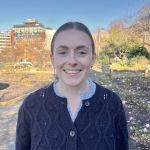
Dr Bryony Thorne
Dr Bryony Thorne
Dr Bryony Thorne is a postdoctoral researcher at the Wicking Dementia Research and Education Centre at the University of Tasmania. Dr Thorne utilises induced pluripotent stem cell (iPSC) models to investigate the multistep hypothesis of ALS, focusing on gene-environment and gene-gene interactions. She has a particular interest in understanding sex and gender differences in health and disease, and how intrinsic biases in research perpetuate our lack of understanding in this area.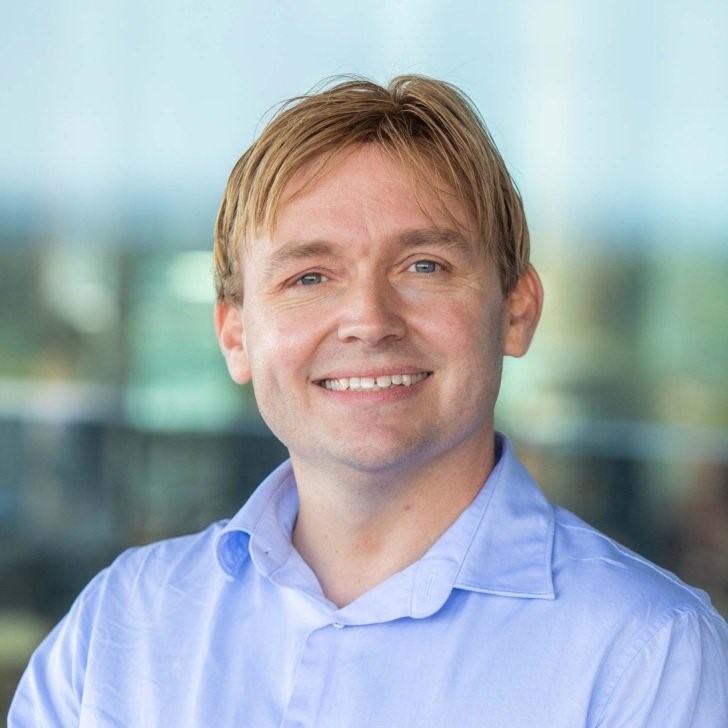
Professor Bradley Turner
Professor Bradley Turner
Professor Bradley Turner heads a research team focused on understanding the molecular basis of MND and developing novel treatment approaches at the Florey Institute of Neuroscience and Mental Health, the University of Melbourne. His group employs patient stem cell-derived and transgenic animals for disease modelling and drug discovery with a strong focus on preclinical trials. Professor Turner's research interests also extend to childhood spinal muscular atrophy (SMA) and Kennedy's disease (KD), which are related to MND.
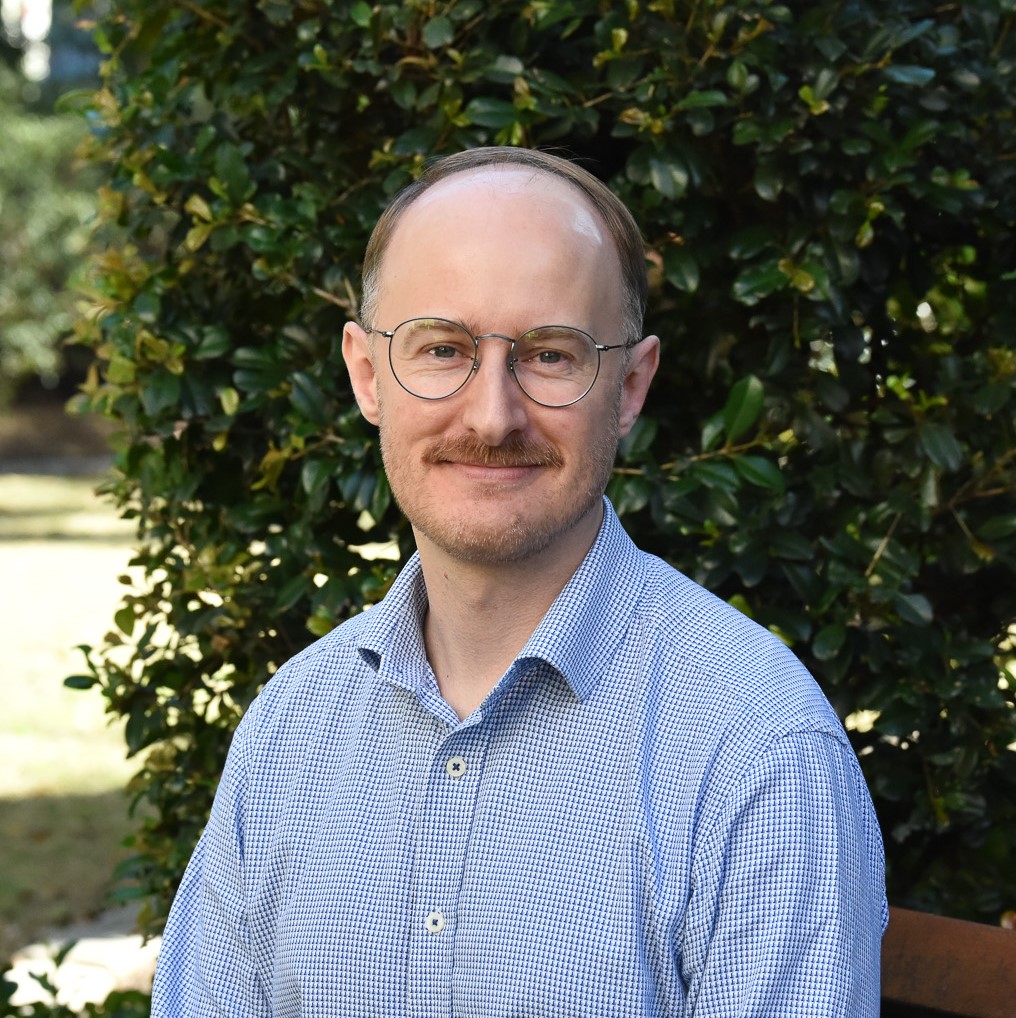
Dr Adam Walker
Dr Adam Walker
Dr Adam Walker is head of the Neurodegeneration Pathobiology Laboratory and group leader in the Clem Jones Centre for Ageing Dementia Research at the Queensland Brain Institute, The University of Queensland. His laboratory focuses on uncovering the molecular mechanisms of TDP-43 pathology in ALS/MND and in identifying new avenues for therapeutic development.


